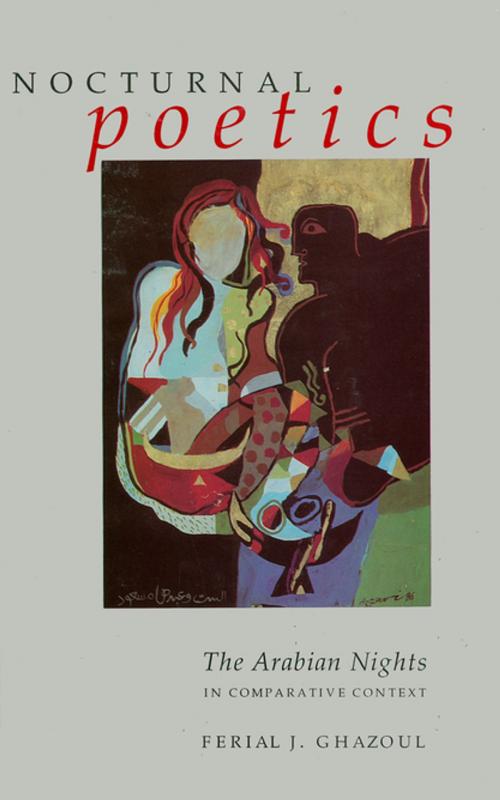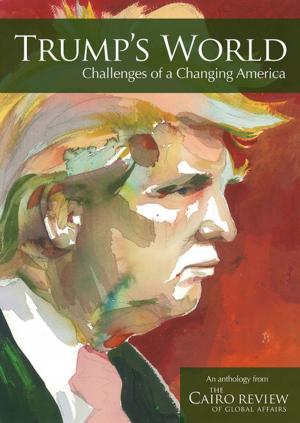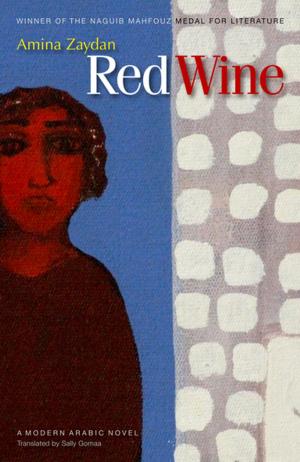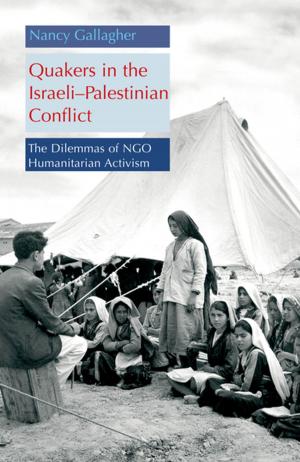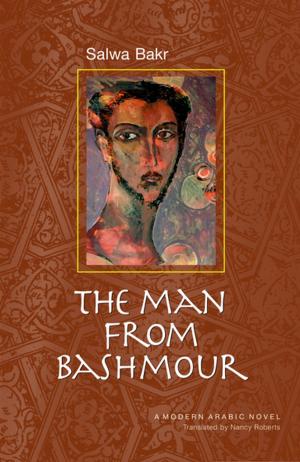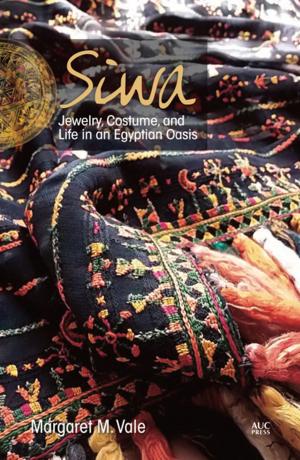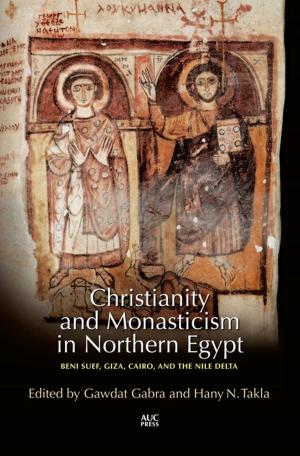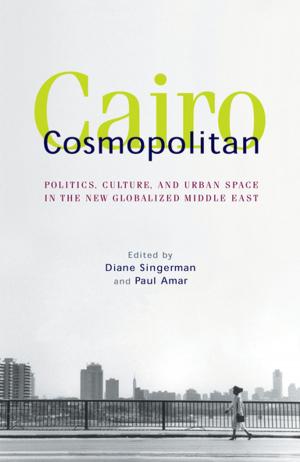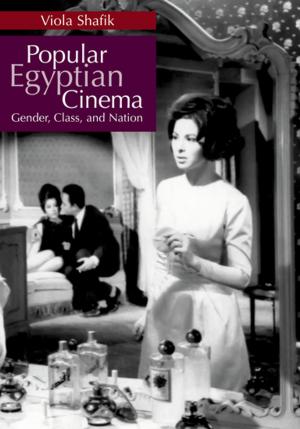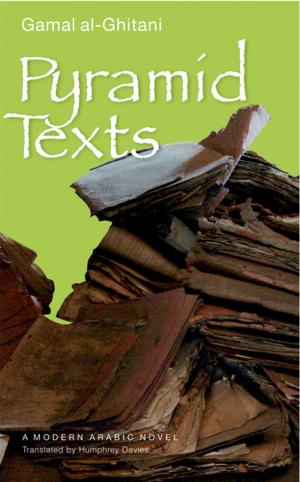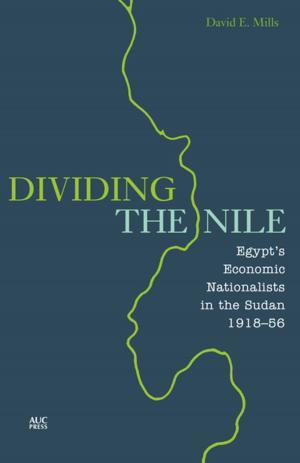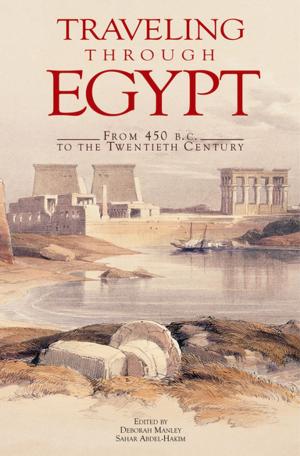Nocturnal Poetics
The Arabian Nights in Comparative Context
Fiction & Literature, Literary Theory & Criticism, Asian, Middle Eastern, Medieval| Author: | Ferial J. Ghazoul | ISBN: | 9781617975387 |
| Publisher: | The American University in Cairo Press | Publication: | November 1, 1996 |
| Imprint: | The American University in Cairo Press | Language: | English |
| Author: | Ferial J. Ghazoul |
| ISBN: | 9781617975387 |
| Publisher: | The American University in Cairo Press |
| Publication: | November 1, 1996 |
| Imprint: | The American University in Cairo Press |
| Language: | English |
The Book of a Thousand and One Nights, better known as The Arabian Nights, is a classic of world literature and the most universally known work of Arabic narrative. Although much has been written about it, Professor Ghazoul's analysis is the first to apply modern critical methodology to the study of this intricate and much-admired literary masterpiece. The author draws on a wealth of critical tools -- medieval Arabic aesthetics and poetics, mythology and folklore, allegory and comedy, postmodern literary criticism, and formal and structural analysis -- to explain the specific genius of the The Arabian Nights. The author describes and examines the internal cohesion of the book, establishing its morphology and revealing the dialectics of the frame-story and enframed cycles of narrative. She discusses various forms of narrative -- folk epics, animal fables, Sindbad voyages, and demon stories -- and analyzes them in relation to narrative works from India, Europe, and the Americas. Covering an impressive range of writings, from ancient Indian classics to the works of Shakespeare and the modern writers Jorge Luis Borges and John Barth, she places The Arabian Nights in the context of an ongoing storytelling tradition and reveals its influence on world literature.
The Book of a Thousand and One Nights, better known as The Arabian Nights, is a classic of world literature and the most universally known work of Arabic narrative. Although much has been written about it, Professor Ghazoul's analysis is the first to apply modern critical methodology to the study of this intricate and much-admired literary masterpiece. The author draws on a wealth of critical tools -- medieval Arabic aesthetics and poetics, mythology and folklore, allegory and comedy, postmodern literary criticism, and formal and structural analysis -- to explain the specific genius of the The Arabian Nights. The author describes and examines the internal cohesion of the book, establishing its morphology and revealing the dialectics of the frame-story and enframed cycles of narrative. She discusses various forms of narrative -- folk epics, animal fables, Sindbad voyages, and demon stories -- and analyzes them in relation to narrative works from India, Europe, and the Americas. Covering an impressive range of writings, from ancient Indian classics to the works of Shakespeare and the modern writers Jorge Luis Borges and John Barth, she places The Arabian Nights in the context of an ongoing storytelling tradition and reveals its influence on world literature.
